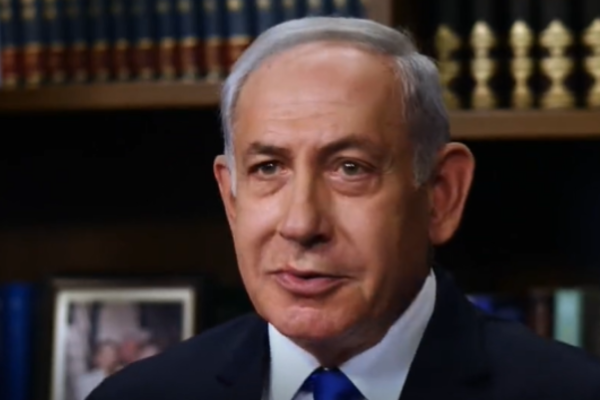Biden National Security Adviser explained that “a corridor of this kind by dint of geography works best having Israel in as opposed to out and the countries participating prioritized that.”
By Ben Rappaport, United with Israel and Associated Press
President Joe Biden and his allies on Saturday announced plans to build a rail and shipping corridor linking India with the Middle East and Europe.
“This is a big deal,” said Biden. “This is a really big deal.”
The corridor, outlined at the annual Group of 20 summit of the world’s top economies, would help boost trade, deliver energy resources and improve digital connectivity, and would include India, Saudi Arabia, the United Arab Emirates, Jordan, Israel and the European Union, said Jake Sullivan, Biden’s national security adviser.
Sullivan said the network reflected Biden’s vision for “far reaching investments” that come from “effective American leadership” and a willingness to embrace other nations as partners. He said the enhanced infrastructure would boost economic growth, help bring countries in the Middle East together and establish that region as a hub for economic activity instead of as a “source of challenge, conflict or crisis” as it has been in recent history.
Indian Prime Minister Narendra Modi, European Commission President Ursula von der Leyen and other leaders from around the world participated in the announcement.
“Enhancing connectivity with all regions has been a key priority for India,” said Modi, speaking through a translator. “We believe that connectivity is a means to not only increase mutual trade between different countries but also increase mutual trust.”
Von der Leyen described the project as a “green and digital bridge across continents and civilizations.” She added that it includes cables to transmit electricity and data.
Amos Hochstein, Biden’s coordinator for global infrastructure and energy security, laid out a rough timeline for the project over the next year.
In the next 60 days, working groups will put together a fuller plan and set timelines. The first phase will involve identifying the areas that need investment and where physical infrastructure can be connected between countries. Hochstein said the plans can be put into place over the next year so that the project can move onto setting up finances and construction.
Sullivan said the project started coming together after Biden visited Jeddah, Saudi Arabia, in July 2022, where he emphasized a need for greater regional economic integration.
In January, the White House started having conversations with regional partners about the concept. By spring, maps and written assessments of existing rail infrastructure in the Middle East were being drafted. Sullivan, and senior White House aides Hochstein and Brett McGurk, traveled to Saudi Arabia in May to meet with their Indian, Saudi and UAE counterparts.
All sides have worked since then to finalize details of the agreement announced Saturday.
The parties also brought Israel and Jordan into the project. Saudi Arabia and Israel do not have diplomatic relations, though the White House has been pushing them toward normalizing relations.
Sullivan said the transportation project is not seen as a “precursor” to a potential normalization deal but he characterized Israel’s inclusion as “significant.”
“The participants in this effort are focused on practical outcomes that deliver for their people,” Sullivan said. “And a corridor of this kind by dint of geography works best having Israel in as opposed to out and the countries participating prioritized that.”
According to a Memorandum of Understanding on the project, “the participants” are defined as Saudi Arabia, the European Union, India, the United Arab Emirates, France, Germany, Italy, and the US.
In a statement released Sunday by his office, Netanyahu hailed Israel’s involvement in the project as “major news for all citizens of Israel […] that will lead us to a new, unique and unprecedented era of global and regional cooperation and involvement.”
He said Israel would serve as a “central junction” in the corridor.
According to Netanyahu, “The initiative includes the construction of railways, the laying of a hydrogen pipeline, the energy of the future, the laying of fiber optic communications cables, the laying of electricity cables and more infrastructure.”
“The State of Israel will contribute its capabilities, all of its experience, momentum and commitment, to realize the largest cooperation project in our history,” he said.
“All government ministries will be instructed to join in realizing this dream. I have directed the National Security Council, in the Prime Minister’s Office, to coordinate the staff work and also the close cooperation with the US and other countries in order for this vision to become reality as soon as possible,” Netanyahu added.
